Content from the Brookings Institution India Center is now archived. After seven years of an impactful partnership, as of September 11, 2020, Brookings India is now the Centre for Social and Economic Progress, an independent public policy institution based in India.
This article first appeared in Live Mint. The views are of the author(s).
As Prime Minister Narendra Modi plans for his fifth visit to the US in just four years and his first face-to-face meeting with President Donald Trump, there is a perception that the two polarizing and uber-nationalistic leaders could determine the future course of India-US relations in two diametrically opposite ways.
On the one hand, based on positive statements and early communications between both leaders, some experts optimistically argue that since both Modi and Trump consider themselves to be consummate dealmakers, the new direction in relations will manifest itself in new agreements and closer strategic proximity. This section believes that relations will mostly remain business as usual but would be based almost entirely on short-term transactional executive agreements.
On the other hand, citing negative statements mostly by Trump (such as on India’s greed being behind its support for the Paris agreement), some experts assert that given the self-centered personalities involved as well as their unorthodox approach to foreign policy, the new direction will be fraught with new challenges and tensions. Here Trump’s “America First” might collide head on with Modi’s “Make in India” and stymie bilateral relations.
In reality, while India-US relations will not be business as usual, given the personalities of the two leaders, neither of these extremes will come to pass for a number of reasons.
To read more, please click here.
The Brookings Institution is committed to quality, independence, and impact.
We are supported by a diverse array of funders. In line with our values and policies, each Brookings publication represents the sole views of its author(s).
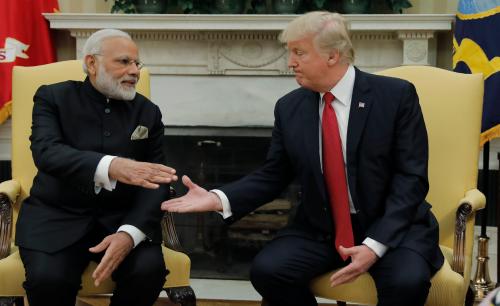
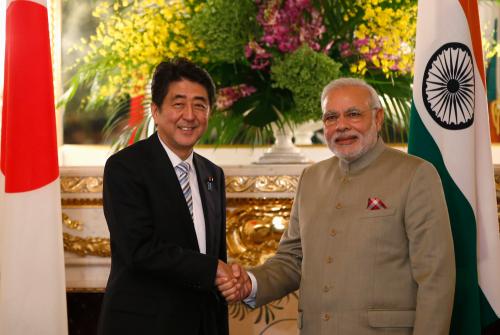
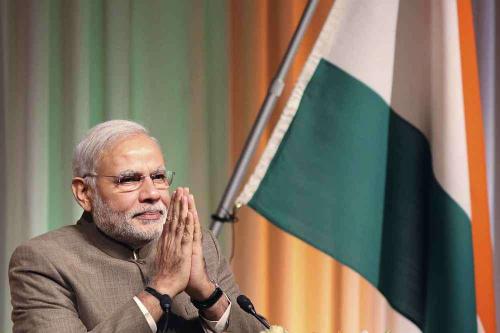
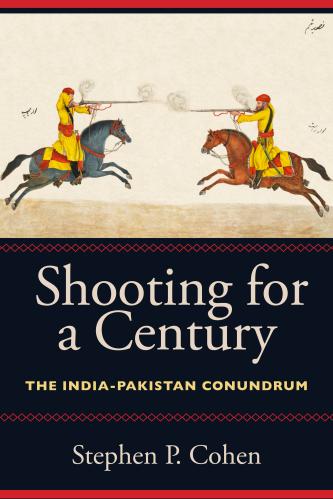
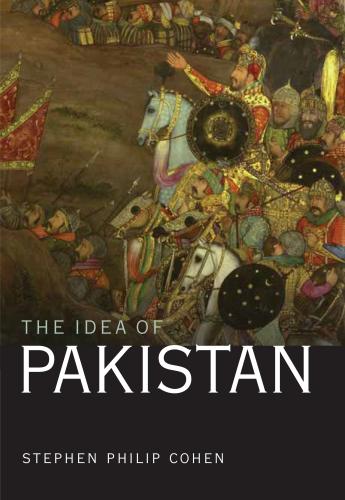
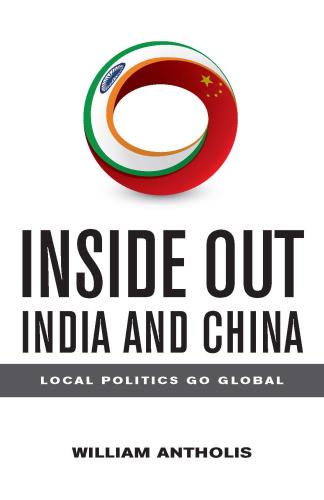

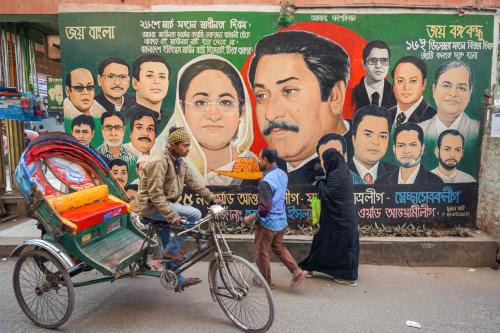
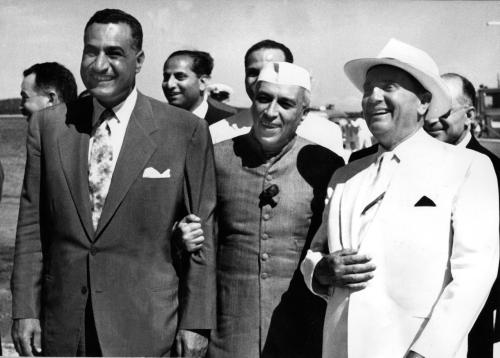
Commentary
Op-edNarendra Modi goes to Washington, again
June 19, 2017